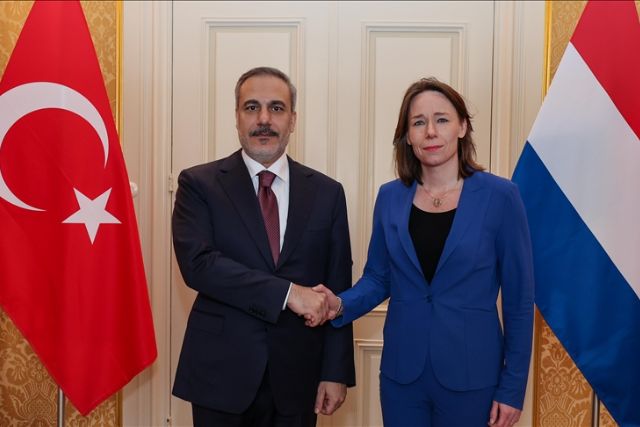EU sanctions 6 more Russians involved in Navalny’s poisoning
Bloc targets Syrian officials, Russian individuals with asset freeze, travel ban for use of chemical weapons

BRUSSELS
The European Union added Monday six more Russians involved in the poisoning of opposition figure Alexey Navalny to its sanctions list.
The Council of EU also extended its sanctions regime for the use of chemical weapons until Oct. 16, 2022, the EU institution said in a statement.
The EU blacklist currently targets 15 people and two entities for being “directly responsible for the development and use of chemical weapons, as well as those providing financial, technical or material support.”
The list has already featured five high-ranking Syrian officials involved in the regime's use of chemical weapons against its civilian population and four Russians responsible for the poisoning of former intelligence officer Sergey Skripal with a nerve agent.
In addition to these nine people, six new Russian individuals accused of playing a role in the Novichok attack against Navalny were added to the list.
A Syrian and a Russian research institute were also targeted by the EU restrictive measures.
The bloc adopted the sanctions regime consisting of a travel ban and asset freeze in 2018 in response to the Syrian regime's attacks.
Syria has been in civil war since early 2011 since the Assad regime cracked down on pro-democracy protests.
According to the Organization for the Prohibition of Chemical Weapons (OPCW), the Assad regime has used chemical weapons at least 17 times against its own population during the 10-year civil war.
In 2018, former KGB spy Skripal and his daughter Yulia were nearly poisoned to death with highly toxic Novichok nerve agent. They were admitted to hospital after being found unconscious in Salisbury, the UK, but they were both discharged from hospital after long treatments.
A similar military-grade chemical agent from the Novichok group was applied last year against Navalny, who recovered from the poisoning in Germany.





